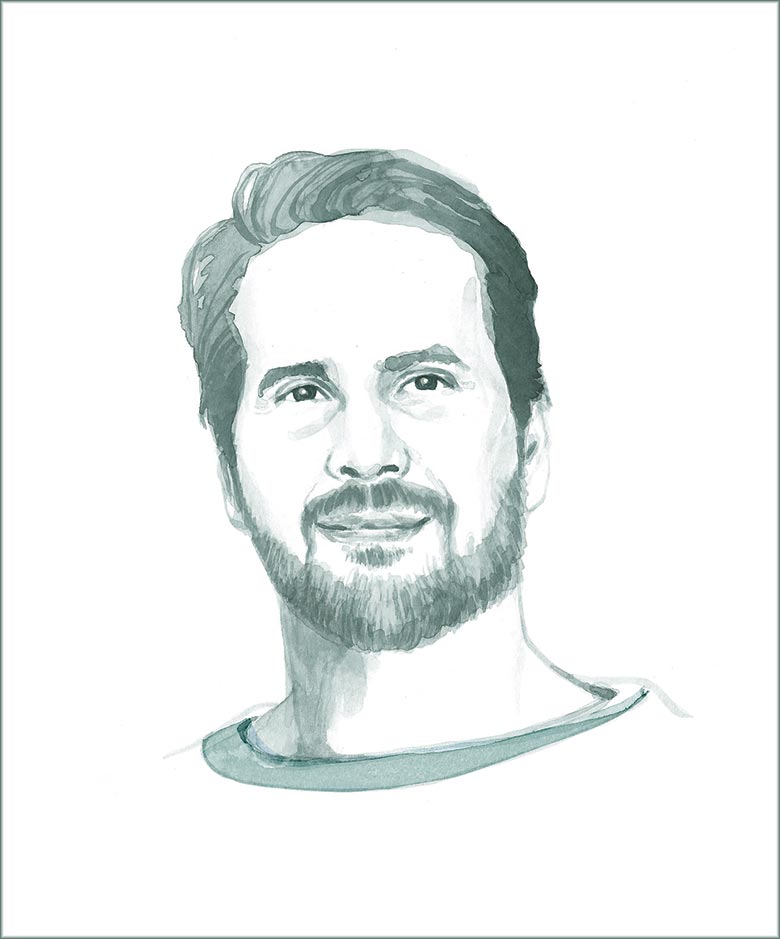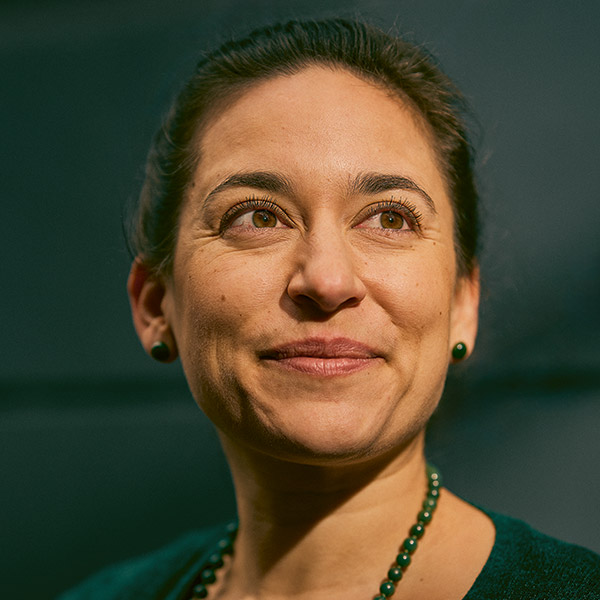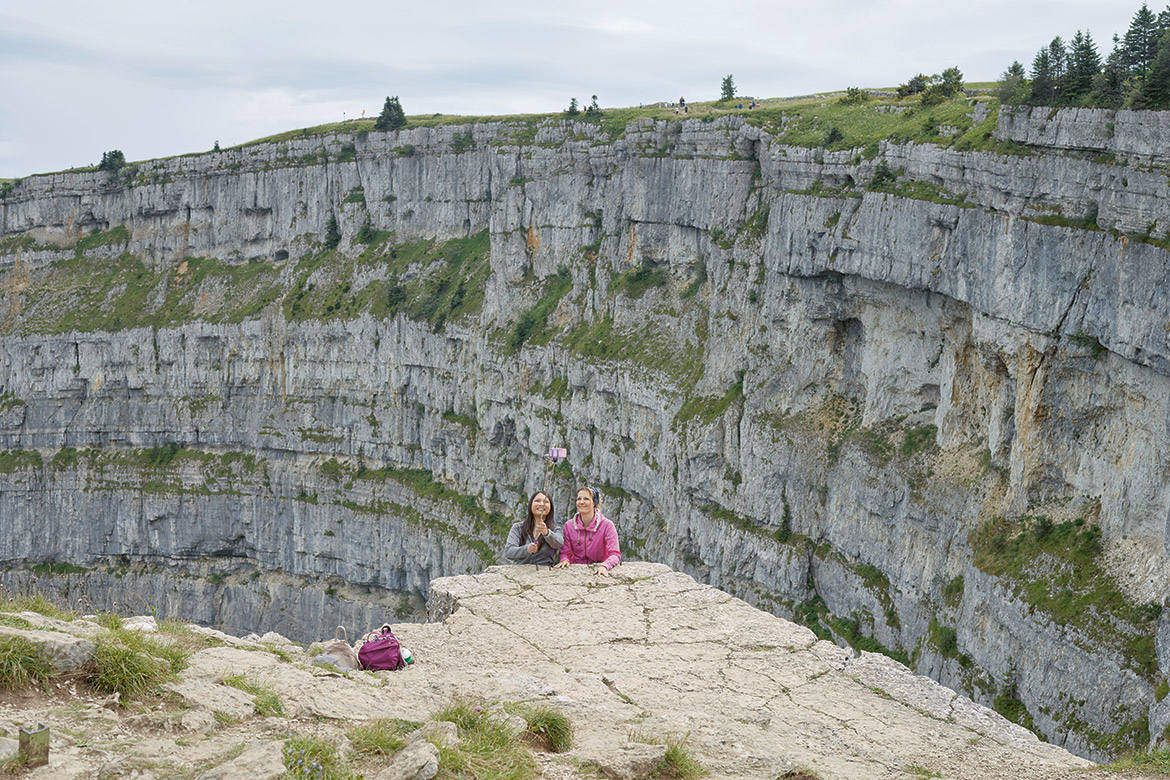Young Opinion
“It’s about seasoning the academic stew with a dash of real-world relish”
Anthony Guihur wants to tear down the barriers between science and industry.

Anthony Guihur is a former postdoc in molecular biology at the University of Lausanne and is currently the head of research and development at a biotech start-up. | Illustration: Stefan Vecsey
Let’s dispense with the fiction that academia and industry are like oil and water – never meant to mix. In today’s kaleidoscopic landscape, clinging to this binary is not just outdated, it’s myopic.
Ironically, the very institutions that proclaim they are shaping future leaders – universities, research hubs and, yes, even PhD students and postdocs – are complicit in perpetuating this divide. There’s a nostalgic, elitist belief that academia is a sanctuary untainted by the so-called corrupting influences of industry. But is this truly serving the holistic development of young scientists? Here’s the kicker: the skills you acquire while wrestling with academic challenges aren’t confined to peer-reviewed journals and conference rooms. The knack for solving intricate problems? It’s a universal language spoken across boardrooms and project timelines. Ever heard of critical theory? It offers invaluable insights into societal structures.
A conservative approach to career development sometimes holds back our scholars. Networking events or training workshops are often overlooked, as if mingling would somehow dilute academic prowess. It’s true that academic life is demanding, but since when did enriching curricula become a burden? It’s about seasoning that academic stew with a dash of real-world relish. In an era when career paths are as hybrid as a Swiss Army knife, mandatory workshops on transferable skills like project or financial management aren’t a luxury; they’re a survival kit.
Take EPFL’s Innovation Park, where academic dogma and industrial pragmatism melt into a beautiful alloy. This isn’t just a public-private handshake; it’s a tango. It’s where PhDs can rub elbows with entrepreneurs without losing their academic street cred. This model helps to change how we perceive educational and career pathways, making them not parallel tracks but interconnected labyrinths.
The ‘either academia or industry’ mentality has long outlived its usefulness. We’re not just generating knowledge; we’re solving global crises. And for that, we need all hands on deck – whether wearing gloves in a lab or suits in a boardroom.




